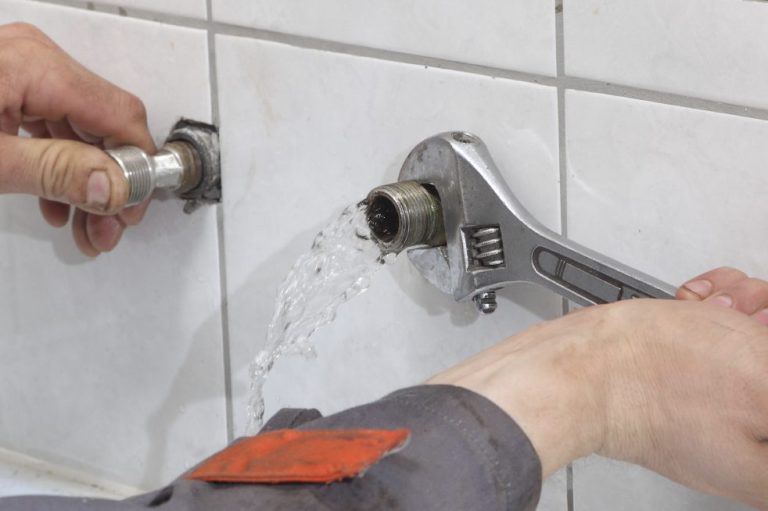Our Maintenance Service to You
Discover more about our extensive range of professional services, but if you still can’t find what you’re looking for, please feel free to get in touch with us – we will be more than happy to help.

General Maintenance & Emergency Call-outs
Whether its a set of taps, room redecoration, a general garden tidy or a 2AM emergency we cover it all. With managed properties by using our simple App, you and your tenants can keep up to date with progress 24/7 from the point you contact us all the way to the point we have rectified the issue

Renovation
All properties at times will need a "refresh" or "upgrade". We are here to manage that for you. With our team we will talk through what is required and put a plan together for you. On the larger projects there will be weekly updates alongside work schedules. Again, for managed properties this can all be viewed through our App 24/7.

Forward Planning
If you are worried about what the future may hold for your properties up keep, then their is no need anymore. We offer a quarterly, half annual or annual inspection reports of your property. This will help manage and plan future works that may be required. This way you are always in control.

Projects
Thinking about a future garden project or a new kitchen? We can work with you to take the worries away. Let us do the leg work for you. No need to sit there worrying about timing, styles etc. After a briefing from you of your needs and desires let us put together the design and time framework which you will then be able to browse at your own pace through our App.

Communication
With managed properties you will have 24/7 access to your Individual Property Portal you and your tenants will know when we are due for works, when they have been completed, photographs and all previous history that has been carried out by us. Communication for us between ourselves, the landlord and tenant is key.

Legal Certification
Need an EICR, a Gas Certificate or EPC? These can be provided by us individually. With managed properties each of these you shall find on your Individual Property Portal, a notification as to when they are due along with all previous documentation stored for when you require it.
Legal Certification - Landlords & Home Owners -
There’s no escaping it. We live in a world of health and safety, red tape, and paperwork.
Most of the time that’s a pretty good thing, especially when renting a property, as it leaves both landlord and tenant protected. But that doesn’t mean the process of ticking boxes or gathering documents is easy or enjoyable, especially when you’re the one pulling it all together.
For landlords there’s a mountain of certificates to obtain before a tenancy can commence – and unfortunately, it’s not always clear exactly which ones you’re legally obliged to handle yourself. With that in mind, here’s a list of every certificate that a landlord needs in order to rent out a property.
To help you comply with the law, we’ve put together a checklist of all the certificates you’ll need to keep, and the safety inspections you’ll need to have done.

Energy Performance Certificate (EPC)
Cold, draughty homes are a blight on tenants and a drain on the UK’s energy consumption. It should be no surprise, then, that the EPC – which reviews and grades your property’s energy performance – is now one of the most enforced certificates in the rental market. Indeed, fines for not obtaining a valid EPC before your property is put on the market can run up to £5,000.
As of April 2018 the minimum EPC ‘pass’ grade was raised to an E, and any property falling short of that standard should be considered legally unrentable. So best start double glazing those windows and filling those cracks now!

Electrical Certificates (EICR) & (PAT)
Exposed wires, faulty connections, malfunctioning appliances: the last thing you want is for a tenant to be hurt in your home or for an electrical fire to damage your property.
Portable appliance testing (PAT) is the term used to describe the examination of electrical appliances and equipment to ensure they are safe to use. Most electrical safety defects can be found by visual examination but some types of defect can only be found by testing. Consequently it is a landlord’s obligation to ensure that all provided electrical equipment is tested annually. By law it is a requirement that a full Electrical Installation Condition Report, (EICR) is performed every five years as minimum.

Gas Safety Certificate
Don’t wait until a tenant calls you smelling gas at 2am on a Sunday night. By law all landlords must arrange a yearly gas safety inspection that has to be carried out by a registered Gas Safe engineer. As part of the inspection all appliances, vents and pipes must be surveyed – and a copy of the certificate must be given to tenants.

Fire safety checks
This isn’t a specific certificate, but general fire safety is an extremely important set of obligations by which all landlords must abide.
For instance a smoke alarm must be fitted on every storey of the building, and a carbon monoxide alarm in any room with a solid fuel burning appliance. All furniture must be fire safe – meaning it carries the ‘match’ and ‘cigarette’ test labels – and fire extinguishers must be provided in houses of multiple occupancy (HMOs).

Legionella risk assessment
Legionella is a particularly nasty bacteria that breeds in air conditioning systems, central heating and water pipes. Despite being deadly, it is all but undetectable unless tested for by a trained professional. As such landlords are obliged to perform a risk assessment under the Control of Substances Hazardous to Health Regulations (2002).

Deposit Protection Scheme
Not strictly a certificate, but well worth a mention all the same. If tenants have paid a security deposit to you directly as the landlord, you are legally obliged to place that sum in a Government-recognised tenancy deposit scheme (TDP).
Upon safe deposit a landlord also has the responsibility of providing tenants with contact details for the TDP, as well any information on how their deposit is being held, the terms under which a landlord might apply to claim against the deposit, plus information on how a tenant might apply to retrieve the deposit back. Having a dispute with a tenant over a deposit?
© Copyright. All rights reserved.
We need your consent to load the translations
We use a third-party service to translate the website content that may collect data about your activity. Please review the details and accept the service to view the translations.
